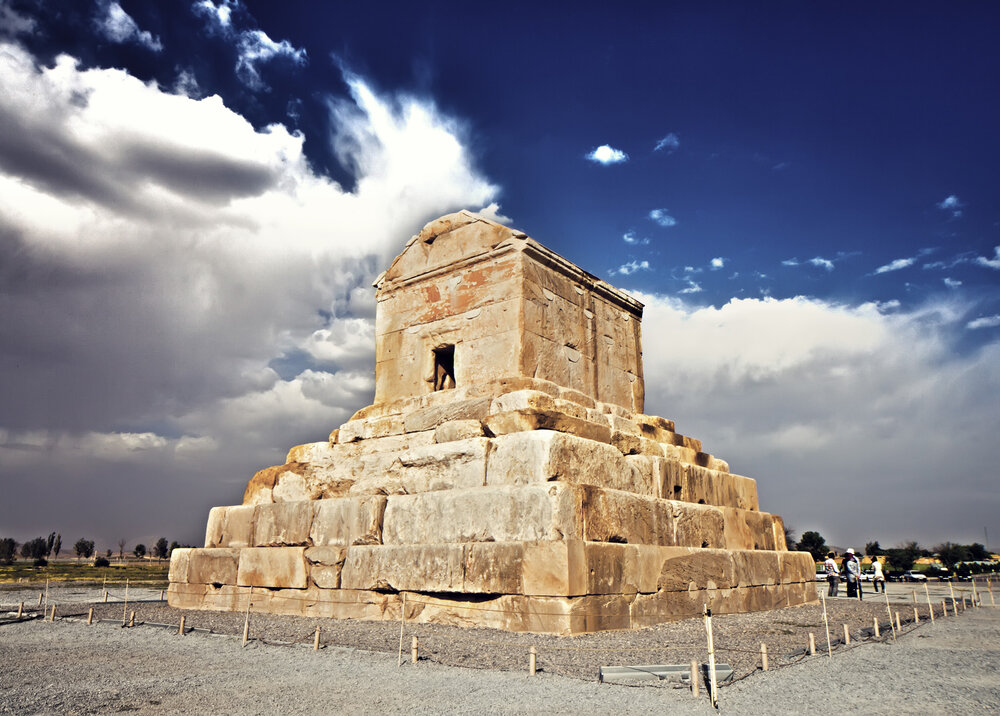10 restoration teams following routines in Pasargadae

TEHRAN—Ten teams of cultural heritage experts are currently busy in Pasargadae conducting routines in terms of restoration and protection of the ancient ruins, director of the World Heritage site said on Sunday.
Situated about 50 km north of Persepolis, Pasargadae was the first dynastic capital of the Achaemenid Empire in the 6th century BC. Its palaces, gardens, and the mausoleum of Cyrus are outstanding examples of the first phase of royal Achaemenid art and architecture and exceptional testimonies of Persian civilization.
Some experts believe that Pasargadae is more than meets the eye. Last month, Iranian archaeologist Ali Mousavi said: “[The ancient] Pasargadae was more expanded than what we now perceive from its ruins.”
“Archaeological evidence suggests that Pasargadae is beyond what we see. It was a summer residence, a recreational area with many gardens and buildings…”
The ancient site stands as an exceptional witness to the Achaemenid civilization. The vast Achaemenid Empire, which extended from the eastern Mediterranean and Egypt to the Indus River in India, is considered the first empire to be characterized by a respect for the cultural diversity of its peoples.
It is believed that Pasargadae represents the first phase of this development, specifically Persian architecture, which later found its full expression in the city of Persepolis.
AM
